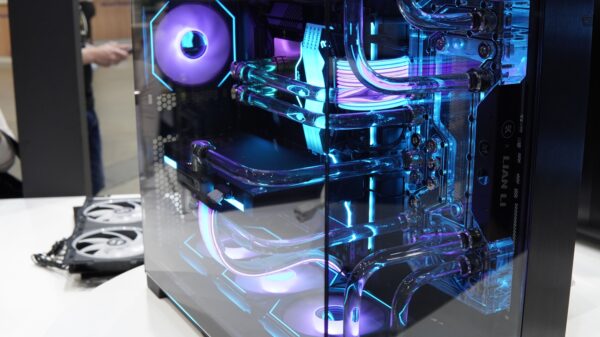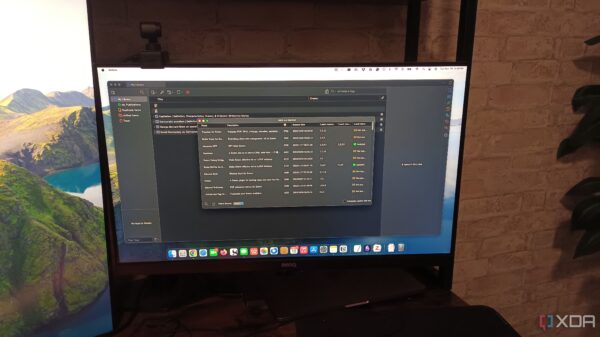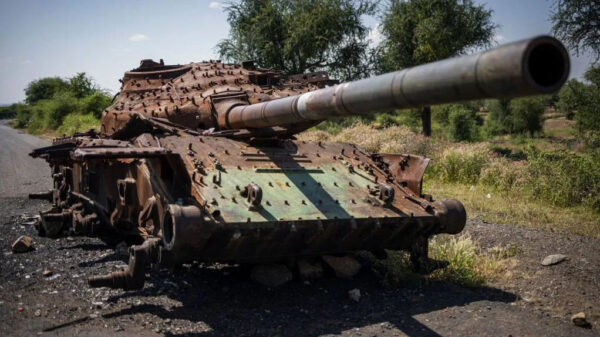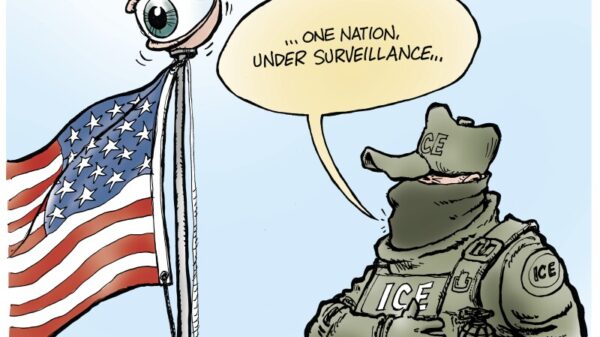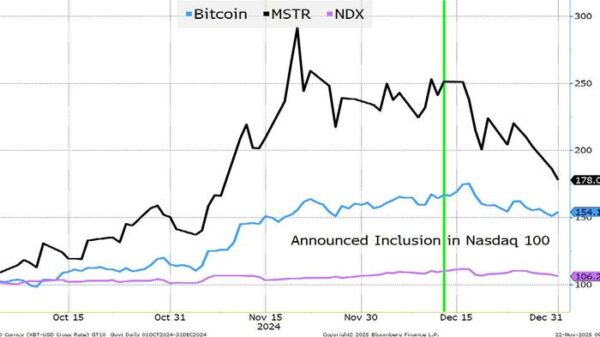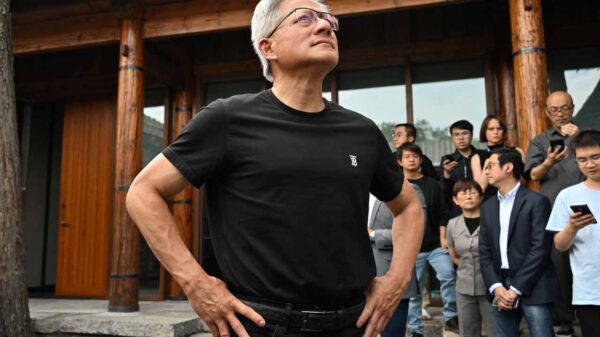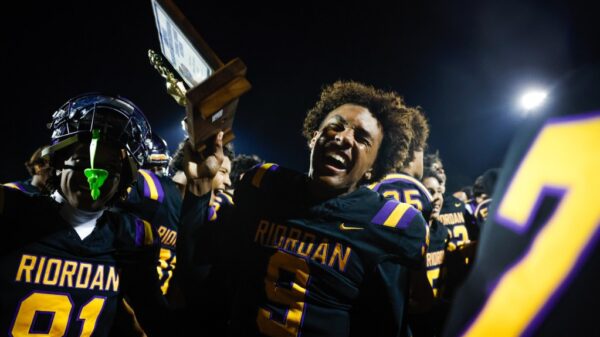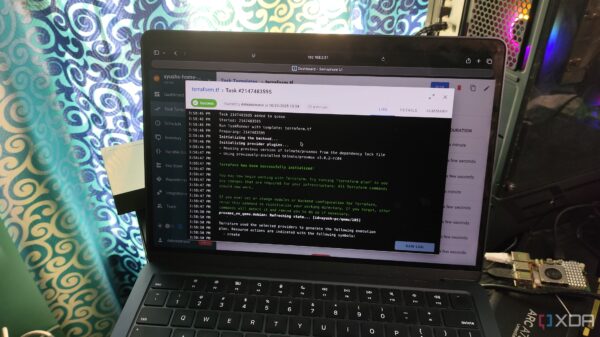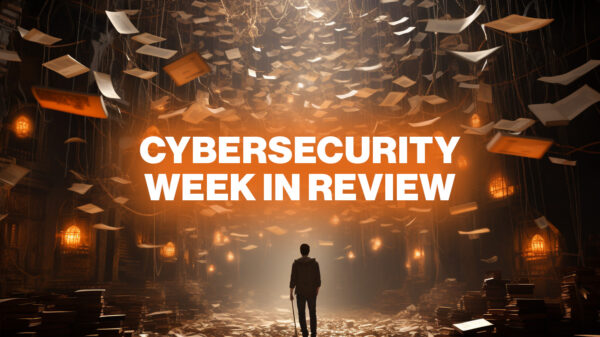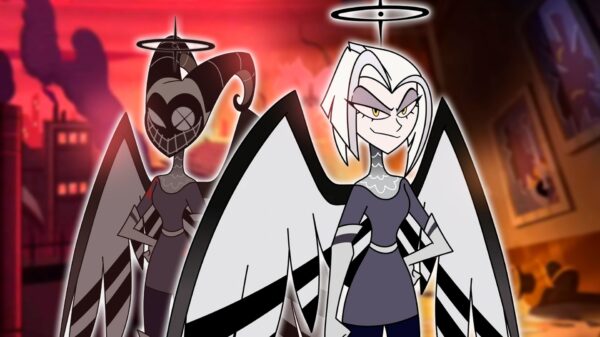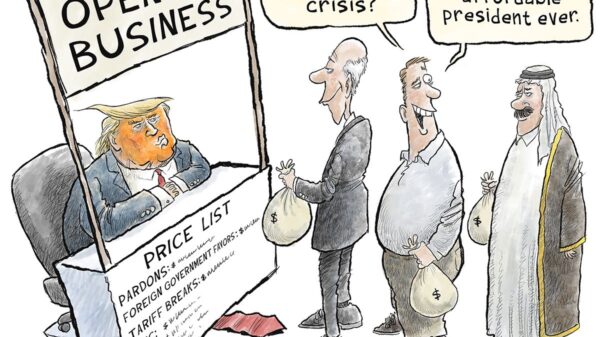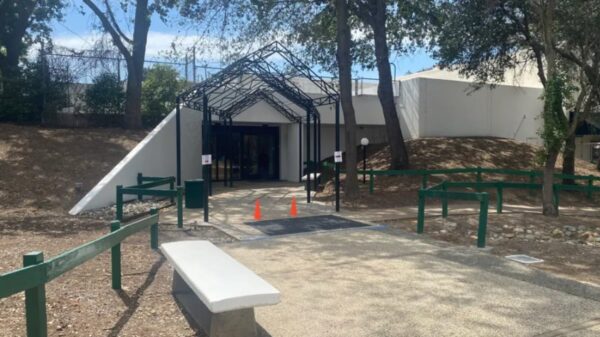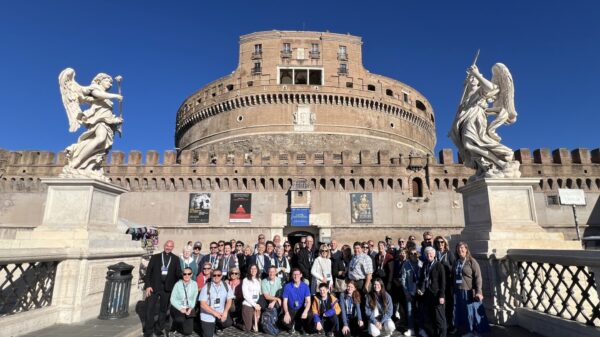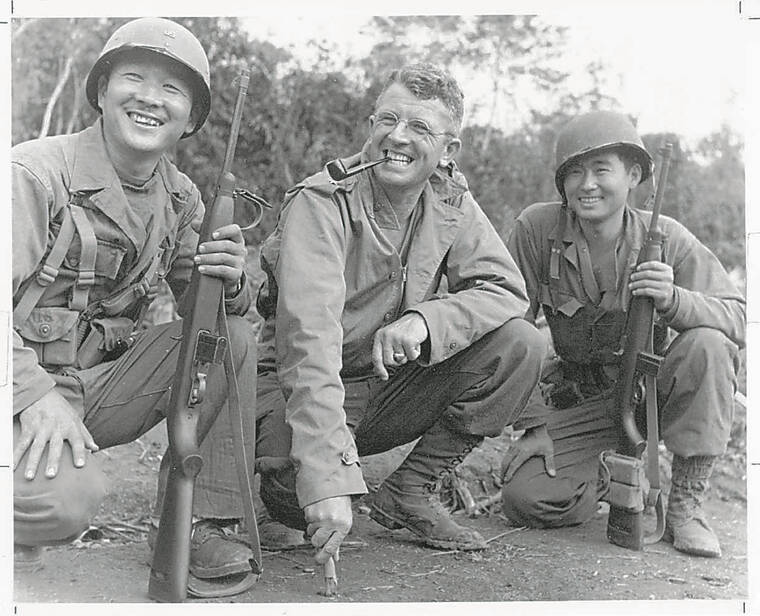The Japanese government has recognized three organizations in Hawaii for their contributions to preserving the history of nisei veterans and fostering goodwill between the United States and Japan. The announcement was made last week by the Japanese Ministry of Foreign Affairs, which awarded the Foreign Minister’s Commendations to 51 recipients worldwide this year. Among the honored groups are the 100th Infantry Battalion Veterans, the 442nd Legacy Center, and the Military Intelligence Service Veterans of Hawaii.
Japanese Consul General Yoshinori Kodama nominated these organizations, which have played a vital role in educating the public about the experiences of Japanese Americans during and after World War II. A formal ceremony to present the awards is set to take place later this year, as confirmed by an official from Japan’s Honolulu consulate. The consulate emphasized that these organizations have significantly contributed to improving the status of Japanese Americans and promoting mutual understanding between Japan and Hawaii, thereby strengthening ties between the two nations.
Kathi Hayashi, president and education chair for the 100th Infantry Battalion Veterans, expressed the significance of this recognition. “This commendation is very significant to us because it honors 80 years of work by our members to foster healing and promote peace,” she stated. Hayashi highlighted the collaborative efforts towards mutual understanding and the spirit of aloha between Japan and the United States.
Following the surprise attack on Pearl Harbor on December 7, 1941, Japanese Americans faced widespread suspicion and persecution. Many were classified as “enemy aliens,” leading to the internment of thousands in camps across the country. Despite these challenges, nisei—U.S.-born, second-generation Japanese Americans—volunteered to serve in the military. The 100th Infantry Battalion, primarily composed of former Hawaii National Guardsmen of Japanese descent, was formed amid concerns over their loyalty and became known as the “One-Puka-Puka.”
This battalion saw extensive combat in Italy, earning substantial media attention for their bravery, with many soldiers receiving injuries while continuing to fight. “The media in four months realized that Americans come in all colors and these were loyal Americans,” Hayashi remarked, noting that they were dubbed the “Purple Heart Battalion” due to their valor. Their actions helped pave the way for the formation of the 442nd Infantry Regiment, comprised of nisei troops from both Hawaii and the mainland.
The 442nd is celebrated as the most highly decorated combat unit in U.S. Army history. Meanwhile, Japanese American soldiers were recruited into the Military Intelligence Service, which utilized their unique skills in translating enemy communications and conducting interrogations. Despite initial skepticism from some military leaders, these nisei served in elite units and played crucial roles in operations behind enemy lines.
After the war, veterans from the 442nd contributed to post-war reconciliation efforts by raising funds to support communities in Japan devastated by conflict. Over the decades, Japanese American veterans have been instrumental in shaping the relationship between the United States and Japan as former adversaries became close allies.
Today, only a small number of surviving veterans from these units remain, but their family members continue to uphold their legacy through active participation in the organizations. Hayashi emphasized the importance of the commendation, stating, “This commendation means so much, and we feel even more passionate to work together towards peace and understanding.”
Earlier this year, the U.S. Army faced criticism after it removed online content related to nisei veterans as part of a digital refresh initiated by Defense Secretary Pete Hegseth. This move sparked backlash from residents, local leaders, and veterans groups in Hawaii. Following this reaction, the Army restored some of the removed content. In a recent interview, Army Secretary Dan Driscoll acknowledged the need for a military that reflects diverse backgrounds, stating, “You want a variety of experiences… to innovate and effectively engage globally.”
This recognition from Japan serves as a reminder of the enduring legacy of nisei veterans and the importance of their contributions to both nations. Their stories continue to resonate, fostering a spirit of understanding and collaboration that transcends historical conflicts.

